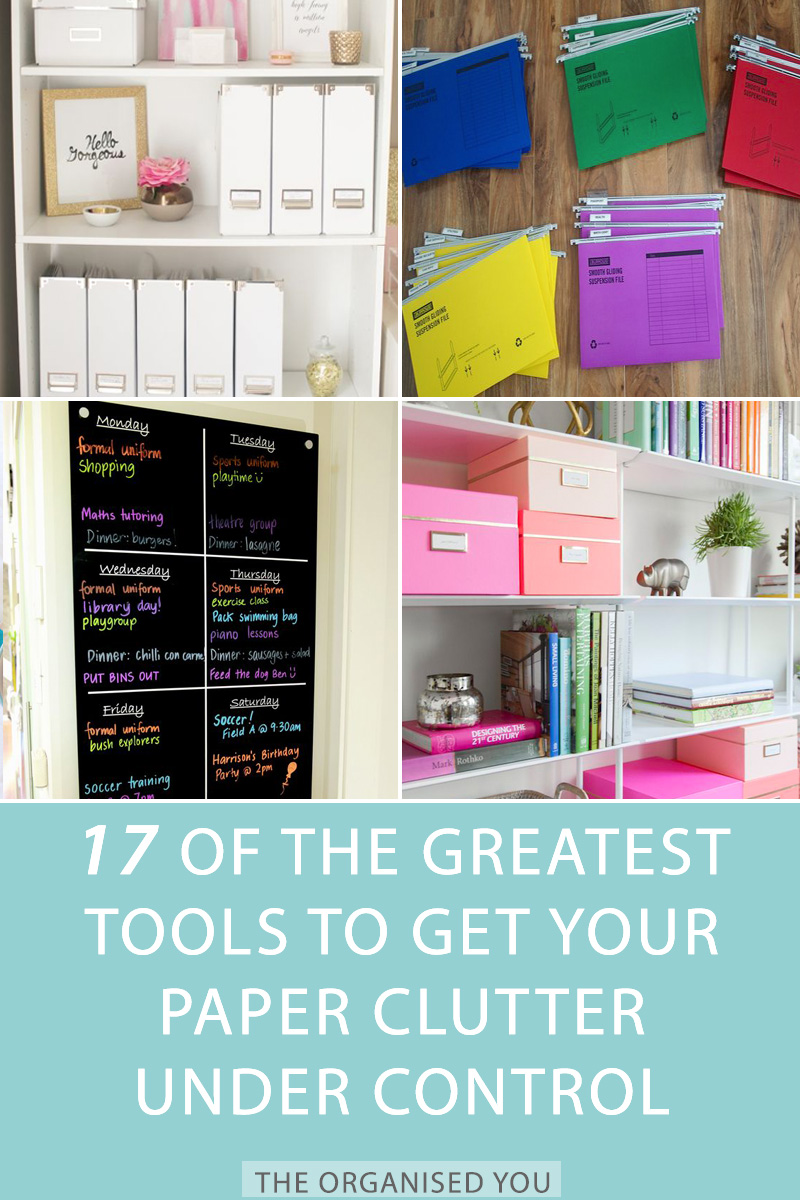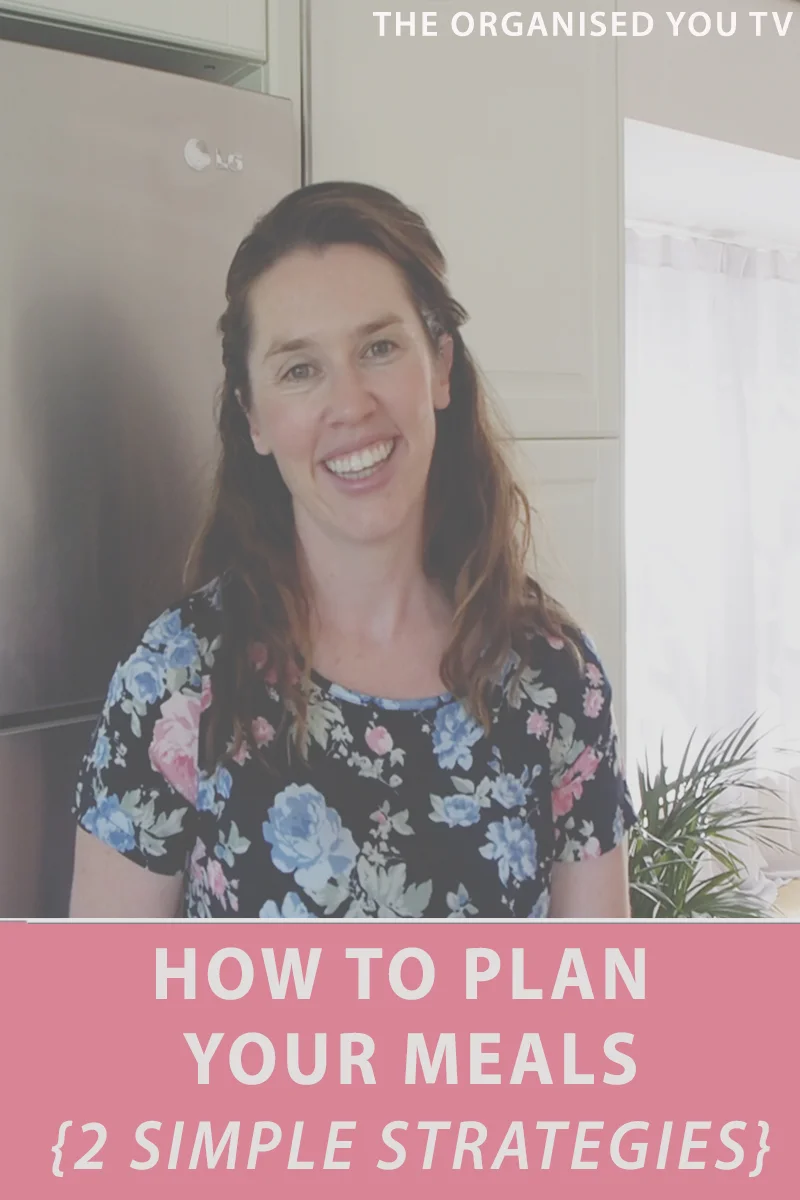Tough choice: if you had to choose between having a full-time cleaner or a full-time chef, which would you go with? Not an easy decision, right? Both would be pretty amazing, and free up so much extra time in the day!
For me, I think I would like to go with a ‘task-master’ - someone who could handle all the tasks that are part and parcel of running a busy household (I know, I know, I’m cheating…). Be it vacuuming, cleaning the bathrooms, emptying the bins, mopping, dusting, or one of the never-ending laundry cycles. Or the ‘chef’ side of life, with nightly dinners, preparing lunch-boxes and snacks, or the daily kitchen clean-up.
There really is a lot to maintain when you are raising a family and running a household! Which is why I want to talk to you today about a handy little method called 'batching' - it could be a real game-changer in terms of your consistency with all these tasks.
Batching is such a an effective method because it encourages you to use your time more wisely, while providing more freedom and flexibility for how and when things get done. It also ensures that every single day isn’t consumed with a million chores! I’d love for you to give it a try if you’ve never considered it before.
Essentially, batching means ‘to combine, mix or process in a batch - which is a quantity or number coming at one time or taken together’ (Source)
In relation to home organisation, batching means you’re doing a set task at one time, rather than spreading smaller jobs over a number of days.
If you want to get more productive in your day, then check out The Productivity Pack. It will help you be more productive, stay consistent with your organising and gain so much more quality time in your day!
I've shared how I like to batch tasks into categories with my weekly planning, which is an awesome way to structure your week to tackle all those ‘extra’ tasks i.e. errands, calls to make, home projects, computer tasks etc.
I use a slightly different approach for my household chores, whereby I designate a specific day of the week for [a] certain task/s.
This method is beneficial for a number of reasons:
It allows me to work around my own schedule and the schedules of my family i.e. days where I have kinder and school drop-off and pick-up (in 2 separate locations); or we have extra-curricular activities; or I’m at work, are the days I do less of the time-intensive tasks.
Although there are always chores to be done each and every day - part and parcel of having a home and raising a family - I certainly don’t want to be doing chores all day long. Instead, I can focus on one particular task for each day of the week and the house is always pretty well maintained.
There’s less time spent on the ‘boring’ stuff and more time in my day to focus on quality time with kids and friends, or working on my business.
I am more efficient with that one task for the day when I know exactly what’s coming up.
Batching helps me remain consistent with my organisation.
The house remains relatively clean all the time!
If the chore batching method is sounding like a winner for you already, let me assure you it’s a fairly simple system to set up. As always, I recommend writing your process down so you have that visual reminder in front of you, and you know exactly what you need to do without having to make extra daily decisions. That process only wastes valuable time and thinking space, and reduces your productivity.
Here’s a step-by-step plan for how you can batch your household chores:
Step 1 |
Grab a sheet of paper and create 3 columns, with the headings DAILY, WEEKLY, and MONTHLY/LESS OFTEN at the top of the columns. Alternatively, you could use this more detailed one, categorized by areas of the house, that has already been created for you inside The Productivity Pack.
Step 2 |
Determine exactly what types of chores you need to get done in order to have a clean, organised, well-maintained home that works for you. One where you feel calm and in control, and you’re not feeling stressed or resentful about what you have to get through. This will look different for everyone - it all depends on the level of cleanliness and organisation you want and need in your own home.
* Starting in the DAILY column, list some tasks that you need to accomplish on a daily basis. These may include:
Laundry
Make beds
Meal preparation
Wipe-down benches
5 minute paper-sort
Quick sweep
Empty trash
Full house pick up at the end of the day
* Now head on over to the WEEKLY column, and list the tasks you want/need to get through on a weekly basis. These may include:
Floors - vacuuming and mopping
Cleaning bathroom/s
Dusting
Kitchen clean - quick clean of microwave and stove-top; fridge/freezer/pantry wipe down; wipe down cabinet doors
Grocery shopping
Meal planning
Complete the week's paperwork tasks
Organise one drawer or cupboard
Exterior jobs i.e. mowing, weeding, sweeping
* You may prefer to do some household tasks on a less frequent basis, be it monthly, bi-monthly or once or twice a year. List these in your third column and record how often you’d like to complete them. These may include:
Clean the oven
Clean the car/s
Deep clean the kitchen i.e. declutter; clean inside cabinets and drawers
Cycle clean dishwasher, washing machine and dryer
Vacuum ceiling, skirting and inside couch
Scrub grout
Wash windows
Clean-out pantry, fridge and freezer
Clean the drains
Clear out wardrobes
Organise/clear out garage
Step 3 |
Now that you’ve got your detailed list of chores, you need to schedule it. It has been proven time and time again that 'people who state where and when they're going to take action are much more likely to stick to their goals' (Marie Forleo).
This means you need to determine when in the day would the best time to complete your daily chores. You might consider getting up a little earlier so you can get a head start on things such as meal prep and laundry before you have to head out the door. You might do the end-of day clean up with your kids before bedtime, or when your partner gets home so he can help out!
>> Check out this post for ideas on how to more productive with your time (hint: delegation and asking others to help out is key!)
Write down your daily chores, so you know exactly what you have to do each day.
Step 4 |
Grab your calendar or weekly schedule (The Productivity Pack has some great options for weekly planning templates) so you can start to determine which days would work best for your weekly chores.
Firstly, consider which chores would be best for the less-busy days. For example, cleaning the floors can take a while, especially if you have a big house, so schedule this task on a less busy day of the week. On your more jam-packed days, you might tackle dusting or kitchen cleaning (which could be quickly done while you prepare the evening meal).
The weekends might be the best time for meal planning or grocery shopping, when you’re in less of a rush and can focus on making healthier food choices. Friday could be a good day to deal with paperwork tasks, as it will give you a fresh start for the next week. It’s really up to you and what works best with your schedule!
Step 5 |
Now that you’ve decided with days would be best suited to which task, it’s time to write it down! List exactly what you’ll be doing on each day of the week so you know exactly what’s ahead of you for that day, and you’re not wasting precious time or energy making decisions. Remember, writing things down is like a mini-practise for the brain, so it’s giving yourself a trial run of the tasks #alreadyahead.
Step 6 |
Create a separate list with all your monthly jobs. Designate one day of your week to complete a monthly job - a less busy day or the weekend would be ideal, as these tasks tend to be more time-consuming.
Step 7 |
Pin this household chore chart somewhere central where you can easily see it at a glance. A notice board (e.g. cork-board, white-board, magnetic board) is a great idea for this chart and your weekly planner. I keep ours in our family command centre so it’s front and centre every day.
And there you have it! An easy approach to organising your household chores to prevent stress and overwhelm. Batching really is a great way to get through your tasks, and you may even find yourself becoming more efficient at weekly tasks. Winner!
































